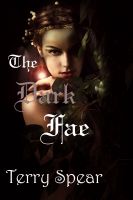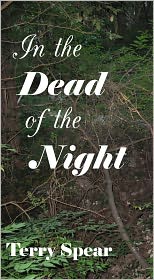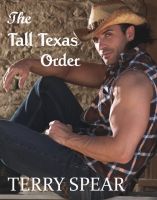I never thought chemistry would lead me to publishing romance novels! My Ph.D. in Chemistry gave me the proper training to prepare medicinal products, analyze water and soil samples, and landed me contracts to refurbish laboratories in foreign countries.
But apparently I involuntary learned to detect and amplify the chemistry between male and female by throwing conflict at the heroes and heroines.
Now let's talk editing!
Someone said that creating a good book is ten percent writing and ninety-percent editing. Although I believe this statistics to be exaggerated, I certainly spend a lot of time polishing my manuscripts before sending them off to an editor.
For me, editing starts while I am writing. As soon as I type my first chapter, I read it again and again, first to check the story flows well, then for typos, spelling and grammar and finally to make sure that the hook is grabbing enough. By hook I mean, the first line, the first paragraph and the first page. These should be intriguing enough to catch a reader’s—or editor’s—interest. As a result, I keep revising the first line and first paragraph while I continue to write my story. By the time the book is finished, I have at least twenty versions of first paragraphs, all saved. I compare them, send them to my critique partners, and sometimes combine some of them, until I am satisfied with my hook.
While revising my first book for ever—more precisely for three years— I realized that an outline could save a lot of time. Now before starting a new story, I do my homework: an outline for the first three chapters, a summary of the back story, a few lines about the hero, heroine and villain’s characters and one paragraph to summarize the storyline. Only then, do I allow myself to start typing the actual story.
By the time my partial is polished, I am well acquainted with my characters and I have a pretty good idea of where the plot is going.
An outline for the whole book completes my preparations and helps my story to flow. Now I can write without interruption for days and weeks.
To edit the whole book, I tabulate the chapters and scenes, and then check the following items.
Setting: avoid having several scenes in the same setting. It’s boring.
POV: Heroine’s or hero’s. If you have a long book you can add, the villain’s POV.
Hook: strong enough to grab the reader.
GMC: what is the goal in that scene, what is the conflict?
Emotional development: show how the Hero/heroine’s attraction to each other escalates and their romance progresses. You should see a definite increase of tension and emotion from scene to scene.
Action: it’s important to show some stage direction.
Sensual Tension: any eye contact, hand touching, kiss,… Like the emotional development, the sexual tension should increase from chapter to chapter.
Sensorial: smell, sounds and color in the scene. It helps the reader be grounded in the scene.
End hook: Make sure it generates suspense, a question to be answered in the next scene or some emotion that keeps the reader panting.
Pace: how do you evaluate the pace in this scene, fast, medium slow? It should be fast if you have action or dialogue, and slow to emphasize emotion.
In addition to self-editing, I can’t stress enough the importance of sharing your work with critique partners.
You manuscript is ready to go. You need one last reading. I suggest you save the file in Adobe, click on VIEW, and then READ OUT LOUD. It’s an amazing feature I discovered a few years ago. The computer will read your story while you look at the pages on the monitor screen and note on a paper the repetitions, missing words, lack of transition. I prefer this method to printing and reading on paper. But you need one these two methods of final reading to catch the mistakes your eyes have stopped seeing on the screen.
You can reach Mona at
http://www.monarisk.com/ and
http://www.monarisk.blogspot.com/
If you like to travel and love to read, come and enjoy my international romances. I will take you around the world through stories that simmer with emotion and sizzle with passion.
My current release is Rx IN RUSSIAN. Here's a little bit about it -

Fyodor Vassilov is a Russian widower, surgeon and officer. Duty demands he provide a mother to his four little boys and marry a woman who loves children and a big family.
Jillian Burton is an American pediatrician on a mission to improve medical conditions in Belarus. She blames herself and her ex-husband for their son’s death, and has lost her illusions about men and marriage. When they work together for six months in his hospital, their fascination with one another shocks them both. Can attraction and love overcome guilt, duty, and a clash of cultures?
"Mona Risk writes heroes with heart, heroines with spunk in stories and settings that are simply unforgettable!" -- Roxanne St. Claire, Killer Curves, National Bestseller.




















